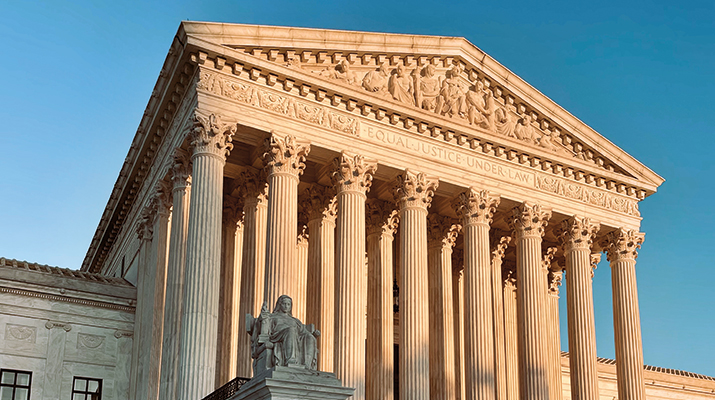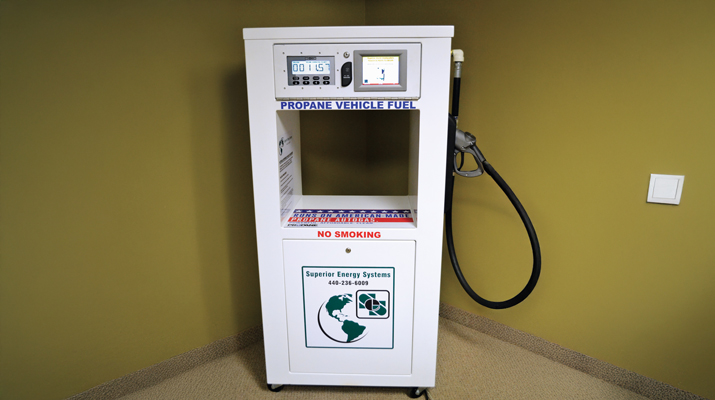Supreme Court limits federal agencies’ power by overturning Chevron

Photo: Douglas Rissing/iStock / Getty Images Plus/Getty Images
In a groundbreaking 6-3 decision, the U.S. Supreme Court overturned the Chevron doctrine, a decades-long legal precedent that gave federal agencies power to interpret laws passed by Congress for regulatory purposes.
Now, that power returns to the courts.
“I’m almost 50 years old,” says Steve Kaminski, president of the National Propane Gas Association (NPGA). “This is the most significant Supreme Court decision of my lifetime.”
Overruled
The Supreme Court established the Chevron doctrine after ruling on the case of Chevron U.S.A. v. Natural Resources Defense Council in 1984.
This precedent, also known as Chevron deference, instructed lower courts to defer to federal agencies to determine what a law means and how it should be enforced when the language of that law was ambiguous.
A few days after the 40th anniversary of the 1984 Chevron decision, the Supreme Court issued a ruling in the cases of Loper Bright Enterprises v. Raimondo and Relentless Inc. v. Department of Commerce that overturned the Chevron decision.
Impact on propane
The new ruling strips federal agencies of regulatory power over individuals and businesses, including those in propane.
“The agencies will have far less power to regulate than they had previously,” says Kaminski.
“If you are pro-industry, pro-corporation, the feeling in general … is that this is going to minimize the number of onerous regulations that’ll be made going forward,” he adds.
Agencies related to the propane industry that will be affected by this ruling include:
- Environmental Protection Agency.
- Department of Energy (DOE).
- Department of Labor.
- Department of Transportation.
- Federal Energy Regulatory Commission.
NPGA is already building on the momentum of the ruling.
It filed a brief against DOE appliance rules that it says “would limit customer access to propane appliances.” The brief references the overturning of Chevron to argue that “courts, not agencies, should handle technical statutory questions.”
“For the next decade, every time a federal agency interprets a statute, it’s going to get taken to court because whoever doesn’t like it is going to take it to court,” says Kaminski.
“It is significant and something we as an industry will be utilizing to our advantage in our litigations because this is now the law of the land.”
















